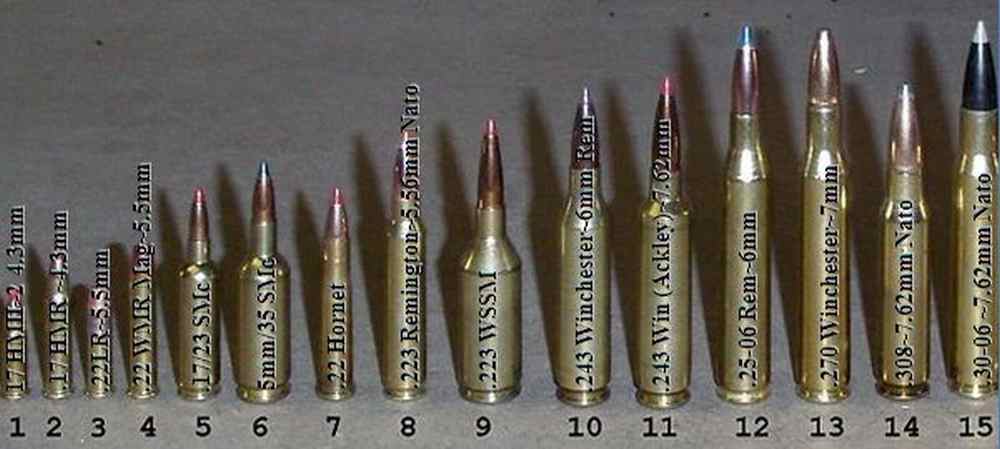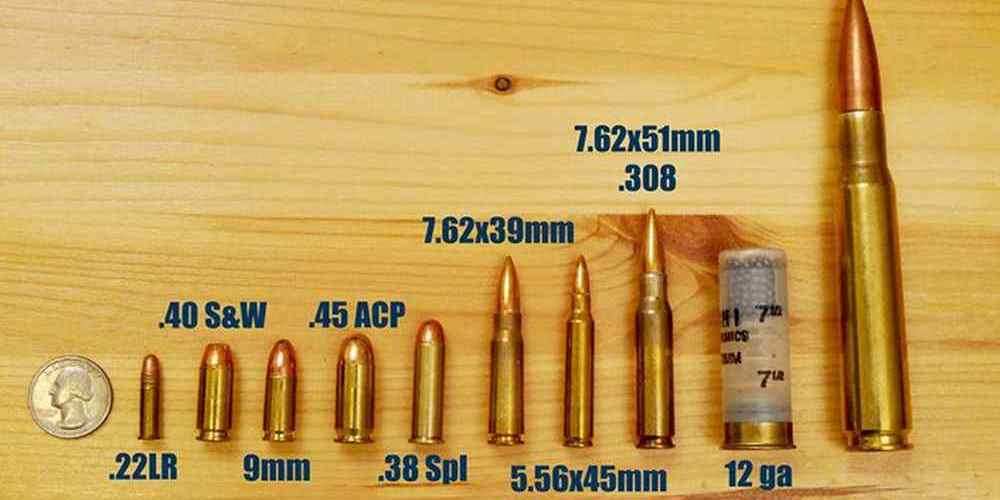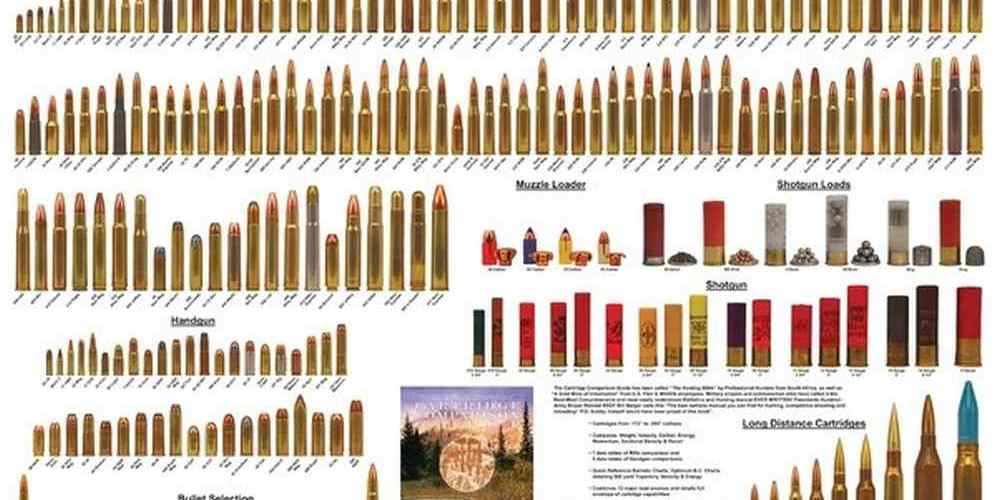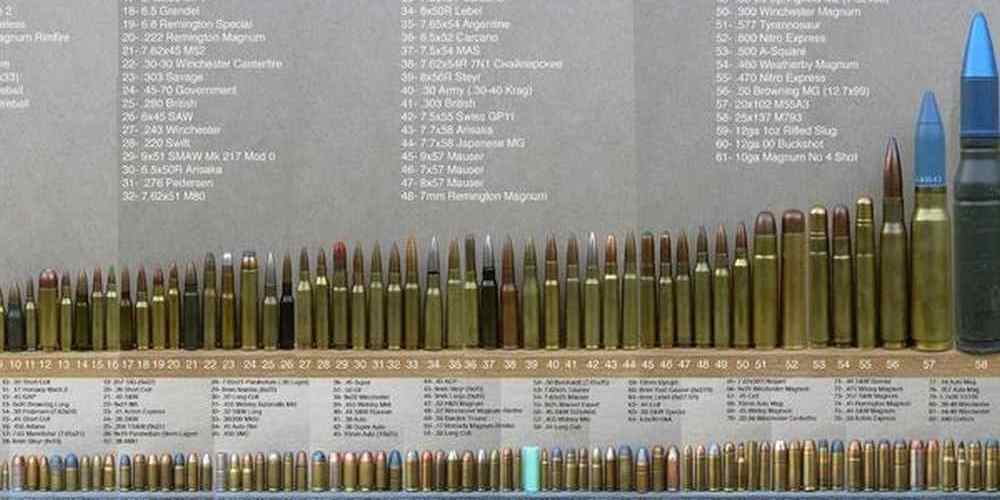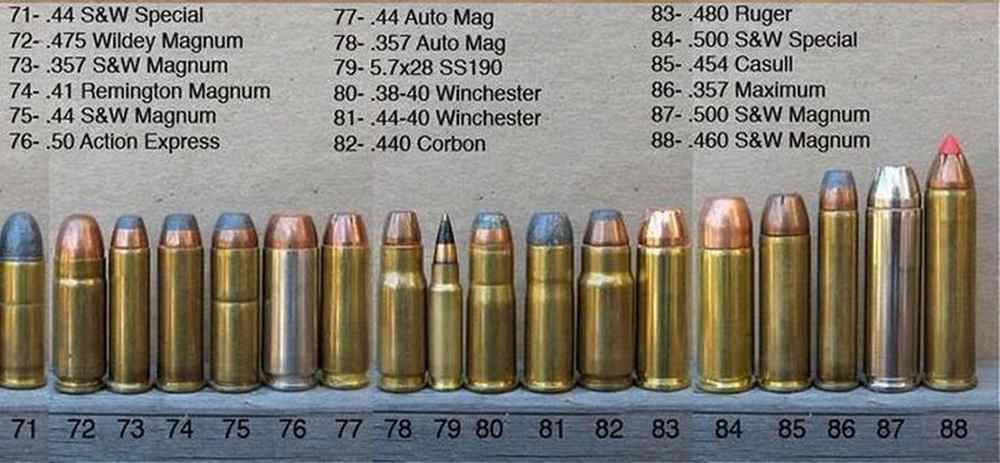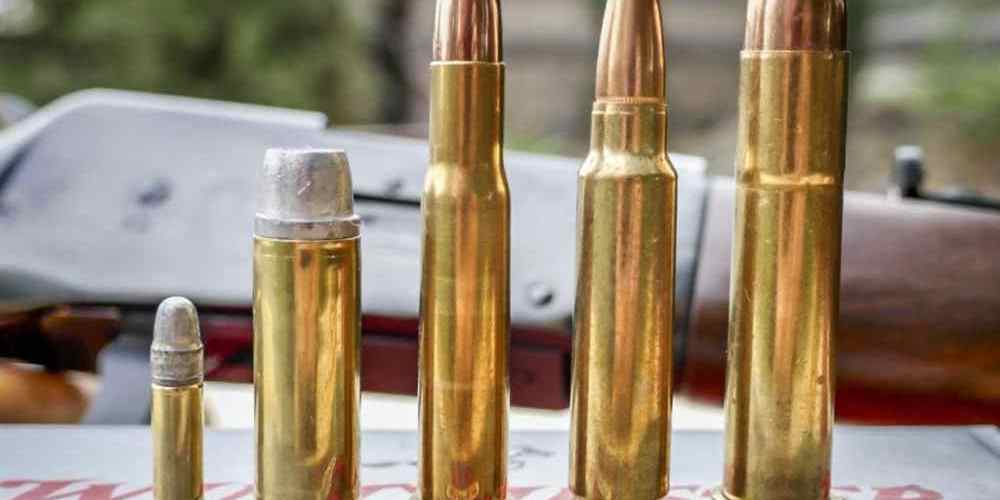“Secure Your Sanctuary: Essential Insights on Home Defense Rifle Ammunition”
Understanding Ballistics: Choosing the Right Rifle Ammunition for Home Defense
Rifle Ammunition for Home Defense: What You Need to Know
When it comes to home defense, the choice of ammunition is as critical as the selection of the firearm itself. Understanding ballistics, the science of projectiles and firearms, can be the key to choosing the right rifle ammunition for home defense. Ballistics encompasses internal, external, and terminal aspects, all of which play a significant role in the effectiveness of a bullet in a defensive situation.
Internal ballistics refers to the processes within the firearm, from the ignition of the gunpowder to the bullet’s exit from the barrel. The caliber and cartridge design influence the pressure and velocity with which a bullet is propelled. For home defense, it’s essential to consider cartridges that provide reliable performance without excessive recoil, as this can affect follow-up shot accuracy and overall control of the rifle.
External ballistics deals with the bullet’s flight from the barrel to the target. Stability and accuracy are paramount, and these are influenced by factors such as bullet shape, weight, and velocity. A stable and accurate bullet ensures that the shot hits the intended target, reducing the risk of collateral damage, which is a serious concern in a home defense scenario.
Terminal ballistics, perhaps the most critical aspect when considering home defense, involves the bullet’s behavior upon impact with the target. The ideal home defense round should have enough stopping power to neutralize a threat effectively but also minimize the risk of over-penetration, which could endanger others in or around the home. Bullets designed for home defense often expand upon impact, creating a larger wound channel without passing through the target.
One popular choice for home defense is the .223 Remington or its military counterpart, 5.56x45mm NATO. These rounds are known for their relatively light recoil, high velocity, and precision. Moreover, when loaded with hollow-point or soft-point bullets, they can provide effective stopping power with less risk of over-penetration compared to full metal jacket (FMJ) rounds.
Another factor to consider is the rifle’s barrel length, which can influence the velocity and performance of the bullet. Short-barreled rifles (SBRs) are often favored for home defense due to their maneuverability in tight spaces. However, it’s important to select ammunition optimized for shorter barrels to ensure adequate performance.
Ammunition selection also involves a consideration of the home’s layout and potential engagement distances. In a compact space, a bullet that can quickly transfer energy to the target without passing through walls is desirable. Frangible rounds, which break apart upon hitting a hard surface, can be an option to further reduce the risk of collateral damage.
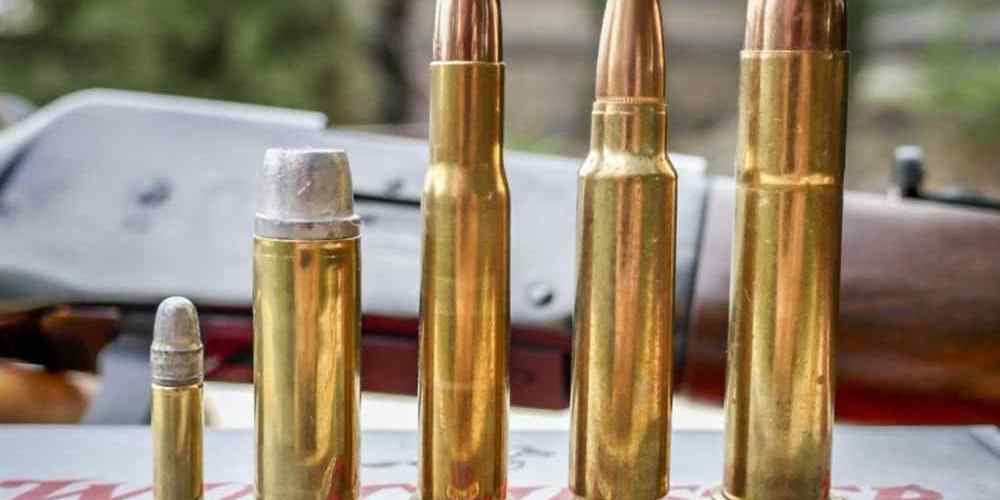
It’s also worth noting that local laws and regulations may impact ammunition choices. Some areas have restrictions on certain types of ammunition, so it’s important to be informed and compliant with these regulations.
In conclusion, selecting the right rifle ammunition for home defense requires a balance of internal, external, and terminal ballistics. The goal is to choose a round that offers reliable performance, accuracy, and stopping power without excessive recoil or over-penetration. By understanding the science behind ballistics and considering the specific needs of a home defense situation, gun owners can make informed decisions that enhance their safety and security. Always remember that responsible gun ownership includes not only the right equipment but also proper training and adherence to safety protocols.
The Pros and Cons of Different Rifle Calibers for Home Security
Rifle Ammunition for Home Defense: What You Need to Know
When it comes to home defense, the choice of rifle ammunition is a critical decision that can have significant implications for the safety and security of your household. Rifle calibers vary widely in their characteristics and suitability for home defense scenarios, and understanding the pros and cons of each is essential for making an informed decision.
One of the most popular calibers for home defense is the .223 Remington, commonly used in AR-15 style rifles. The .223 Rem is favored for its relatively low recoil, high velocity, and flat trajectory, which allows for accurate shooting even at longer distances. Moreover, the small-diameter, high-velocity rounds tend to fragment or tumble upon impact, reducing the risk of over-penetration—a crucial consideration in a home defense situation where the safety of other occupants or neighbors is a concern.
However, the high velocity of the .223 Remington can also be a double-edged sword. In close quarters, the loud report and bright muzzle flash can be disorienting, potentially hindering the defender’s ability to maintain situational awareness. Additionally, while the risk of over-penetration is lessened, it is not eliminated, and the use of appropriate ammunition, such as hollow-point or frangible rounds, is recommended to further mitigate this risk.
Transitioning to larger calibers, the .308 Winchester offers more stopping power due to its heavier bullet and greater energy transfer. This caliber can be particularly effective against threats that may be wearing body armor or are behind cover. The .308 is also versatile, being suitable for both home defense and hunting applications, which can be an advantage for those looking for a multi-purpose firearm.
Nevertheless, the increased power of the .308 Winchester comes with greater recoil, which can be challenging for some shooters to manage, especially in high-stress situations. The heavier recoil can lead to slower follow-up shots and may be more difficult for smaller or less experienced shooters to handle effectively. Additionally, the risk of over-penetration is more pronounced with this caliber, necessitating careful consideration of the environment and potential backstops within a home.
For those seeking a middle ground, calibers such as the 7.62x39mm, used in rifles like the AK-47, offer a balance between the .223 Rem and the .308 Win. This caliber provides a good compromise between manageable recoil and effective stopping power. The 7.62x39mm is known for its reliability and has a reputation for functioning well under adverse conditions, which can be reassuring for home defenders concerned about weapon performance in a crisis.
However, it’s important to note that while the 7.62x39mm has less recoil than the .308, it still has more than the .223 Remington, which may affect shooter comfort and control. Additionally, the availability and variety of defensive ammunition in this caliber may be more limited compared to the .223 Rem, which could influence the choice of some homeowners.
In conclusion, when selecting rifle ammunition for home defense, it’s essential to weigh the advantages and disadvantages of different calibers. Factors such as recoil, stopping power, risk of over-penetration, and ammunition availability should all be considered. Ultimately, the best choice will depend on the individual’s specific needs, their comfort and proficiency with the firearm, and the layout and density of their living environment. By carefully evaluating these factors, homeowners can choose the rifle caliber that offers the best balance of effectiveness and safety for protecting their home and loved ones.
Home Defense Tactics: Integrating Rifle Ammunition with Your Safety Plan
Rifle Ammunition for Home Defense: What You Need to Know
When it comes to home defense, the choice of ammunition is as critical as the selection of the firearm itself. Rifle ammunition, with its inherent power and accuracy, can be an effective component of a home defense strategy. However, understanding the nuances of integrating rifle ammunition into your safety plan requires a technical grasp of ballistics, penetration, and the legal implications of using such force in a home defense scenario.
Firstly, it’s important to recognize that rifle rounds are designed to deliver high energy to the target, which can be both an advantage and a liability. The high velocity and energy of rifle rounds mean they can stop a threat more effectively than handgun ammunition. However, this power also increases the risk of over-penetration, where the bullet passes through the intended target and potentially into unintended areas, which could be dangerous in a residential setting.
To mitigate this risk, one should consider the type of rifle ammunition specifically designed for home defense. These rounds are often constructed to expand upon impact, creating a larger wound channel in the aggressor while reducing the likelihood of over-penetration. Hollow-point bullets and soft-point bullets are examples of expanding rounds that are engineered to deliver stopping power without posing as much risk to the surrounding environment.
Moreover, the caliber of the rifle ammunition is a pivotal factor in home defense. While larger calibers such as .308 Winchester or 7.62x51mm NATO offer significant stopping power, they also have pronounced recoil and can be more challenging to control in high-stress situations. Conversely, intermediate calibers like the 5.56x45mm NATO or .223 Remington are popular choices for home defense due to their lower recoil, allowing for quicker follow-up shots if necessary. These calibers are also less likely to over-penetrate with the proper choice of ammunition.
In addition to selecting the right type and caliber of ammunition, it’s essential to understand the legal implications of using lethal force in home defense. The use of a rifle for home defense is subject to state and local laws, which can vary widely. It’s incumbent upon the homeowner to be well-informed about the legal standards for self-defense in their jurisdiction, including the concept of reasonable force and the duty to retreat if applicable.
Furthermore, training and practice are indispensable components of integrating rifle ammunition into your home defense plan. Regularly training with your chosen firearm and ammunition will not only improve your accuracy and confidence but also help you understand the behavior of the rounds in various situations. This knowledge can be crucial in a home defense scenario, where identifying safe lines of fire and backstops within your home is necessary to prevent accidents.
Lastly, safe storage of your rifle and ammunition is a non-negotiable aspect of responsible gun ownership. Secure storage solutions such as gun safes or lockable cases can prevent unauthorized access to the firearm, reducing the risk of accidental discharge or theft. It’s also wise to store the ammunition separately from the rifle, ensuring that it is not readily accessible to children or intruders.
In conclusion, integrating rifle ammunition into your home defense tactics requires a careful balance of power, precision, and responsibility. By choosing the appropriate ammunition, understanding its capabilities and limitations, and adhering to legal and safety standards, you can effectively incorporate a rifle into your home defense strategy. Remember, the ultimate goal is to protect yourself and your loved ones, and being well-prepared with the right knowledge and tools is the first step towards achieving that security.
Rifle Ammunition Storage and Maintenance for Quick Home Defense Readiness
Rifle Ammunition for Home Defense: What You Need to Know
When it comes to home defense, the choice of ammunition is as crucial as the selection of the firearm itself. Rifle ammunition, with its high velocity and energy, can be an effective deterrent in a home defense scenario. However, it is essential to understand the importance of proper storage and maintenance to ensure quick readiness when the need arises.
Firstly, it is imperative to store rifle ammunition in a cool, dry place. This is because extreme temperatures and moisture can degrade the quality of the powder and the primer, leading to misfires or a complete failure to fire. Additionally, humidity can cause corrosion on the casing, which may lead to jamming of the firearm. To prevent such issues, many gun owners opt for specialized ammunition storage containers that are designed to keep out moisture and maintain a consistent temperature.
Moreover, it is advisable to keep your ammunition separate from your rifle, but both should be accessible. This strategy not only promotes safety, preventing unauthorized access, especially from children, but also ensures that you can quickly load your firearm in an emergency. A lockable cabinet or safe that is specifically designed for ammunition storage is a wise investment for any responsible gun owner.
Another aspect of ammunition maintenance is regular inspection. Over time, even the best-stored ammunition can deteriorate. It is recommended to periodically check your stock for any signs of damage or corrosion. Look for discoloration, dents, or anything that seems out of the ordinary. If a round does not pass visual inspection, it is best to dispose of it safely, following local regulations, rather than risk a malfunction during a critical moment.
Furthermore, it is important to consider the type of ammunition you are storing for home defense. While full metal jacket (FMJ) rounds are commonly used for practice due to their cost-effectiveness, they may not be the best choice for home defense. FMJ rounds tend to penetrate through targets and can pose a risk of over-penetration, potentially harming others or damaging property. Instead, many experts recommend using hollow-point rounds for home defense. These rounds are designed to expand upon impact, maximizing energy transfer to the target and reducing the risk of over-penetration.
In addition to choosing the right type of ammunition, it is also crucial to ensure that your rifle is compatible with the rounds you have selected. Always refer to the manufacturer’s specifications for your firearm to confirm that it can safely fire the ammunition you plan to use for home defense. Using incompatible or substandard ammunition can lead to dangerous malfunctions and could compromise your safety in a home defense situation.
Lastly, practice is key to ensuring that you are ready to use your rifle effectively for home defense. Regularly training with the same ammunition you intend to use in a real scenario will help you understand its performance characteristics, such as recoil and accuracy. This familiarity will enable you to act confidently and efficiently should the need to defend your home ever arise.
In conclusion, while rifles can be a formidable tool for home defense, the ammunition you choose and how you store and maintain it are fundamental to your preparedness. By taking the time to properly store, inspect, and select the right ammunition, and by familiarizing yourself with its use, you can ensure that your home defense strategy is both safe and effective. Remember, the key to quick home defense readiness lies in the details of how you manage your rifle ammunition.
Legal Considerations and Responsible Use of Rifle Ammunition in Home Defense
Rifle Ammunition for Home Defense: What You Need to Know
When it comes to home defense, the type of ammunition you choose is as crucial as your choice of firearm. Rifle ammunition, with its high velocity and long-range capabilities, can be an effective means of protecting your home and family. However, it’s essential to understand the legal considerations and the importance of responsible use when selecting rifle ammunition for home defense.
First and foremost, it’s imperative to be aware of the laws in your jurisdiction. The legality of using a rifle for home defense varies widely from one place to another. Some areas may have restrictions on the type of rifle calibers that can be legally owned or used for home defense. Additionally, there may be laws governing the storage of rifles and ammunition in the home, which are designed to prevent accidents and unauthorized access. It’s your responsibility to ensure that you are in compliance with all local, state, and federal regulations before incorporating a rifle into your home defense strategy.
Once you’ve navigated the legal landscape, the next step is to select the appropriate ammunition. The key is to choose a round that offers sufficient stopping power without over-penetration, which could potentially harm bystanders or neighbors. Rounds such as the .223 Remington or 5.56 NATO are popular choices for home defense due to their relatively low recoil and high effectiveness. However, these rounds can still penetrate through walls and other barriers, so it’s crucial to consider the layout of your home and the potential risks of over-penetration.
Moreover, responsible use of rifle ammunition in home defense extends beyond the choice of caliber. It also involves understanding the ballistics of the rounds you choose and how they behave under different conditions. Training and practice are indispensable, as they ensure that you can use your rifle effectively and safely under stress. Regular visits to the shooting range can help you become more familiar with your rifle’s performance and improve your accuracy and reaction time.
Another aspect of responsible use is secure storage. Keeping your rifle and ammunition safely stored can prevent tragic accidents and ensure that they are accessible only to authorized users. This often means using a gun safe or locked cabinet, along with separate storage for ammunition. Educating all members of your household about gun safety is also a critical component of responsible ownership.
In addition to these considerations, it’s important to have a clear understanding of the situations in which the use of lethal force is legally justified. The concept of self-defense allows for the use of force when facing an imminent threat, but the specifics can vary. Familiarizing yourself with the legal standards for self-defense in your area can help you make informed decisions in a high-pressure situation.
In conclusion, while rifle ammunition can be an effective tool for home defense, it comes with a set of responsibilities that should not be taken lightly. Adhering to legal requirements, choosing the right ammunition, practicing safe handling and storage, and understanding the principles of self-defense are all critical components of responsible rifle ownership. By taking these factors into account, you can ensure that your home defense strategy is not only effective but also responsible and in accordance with the law.




